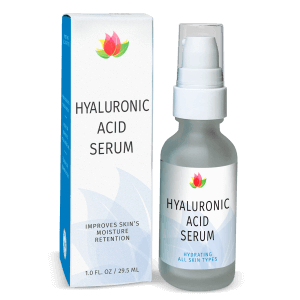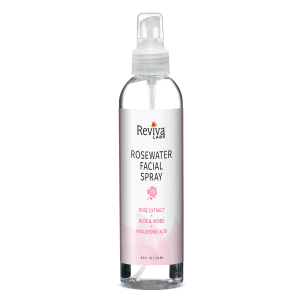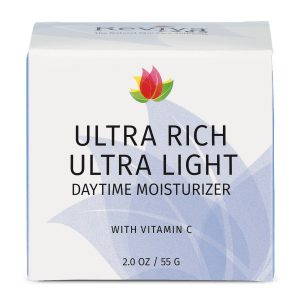Reviva Labs, Skin Care
It’s Almost Summer – Do You Need to Change Your Moisturizer?
As the temperatures heat up and the summer sun becomes stronger, you may be wondering if it’s time to swap out your daily moisturizer for a new formula more suited to the warmer weather. Since our skin’s needs can shift from season to season, do you really need to change your moisturizer when summer arrives? Let’s look.
Whether or not you need to change your moisturizer for summer boils down to a few key factors:
- Your Skin Type – Certain skin types are more prone to seasonal changes than others. Those with oily or combination skin, for example, may find that their usual moisturizer feels too heavy and greasy come summertime. Conversely, individuals with dry skin may find that their go-to moisturizer isn’t providing enough hydration as humidity levels drop.
- The Moisturizer Itself – The specific ingredients and formulation of your current moisturizer will also play a role. Heavier, richer creams tend to be better suited for cold, dry winters, while lightweight, oil-free lotions or gels are often preferred for summer.
- Your Climate – Where you live can make a big difference. Someone living in a hot, humid climate will likely have very different skin care needs compared to someone residing in a cool, dry region. Pay attention to how your skin reacts to the changing weather patterns.
The Case for Switching
There are a few compelling reasons why you may want to consider swapping out your moisturizer for summer:
- Prevent Clogged Pores and Breakouts – Heavier, occlusive moisturizers can contribute to clogged pores and breakouts when temperatures and humidity levels rise. Lightweight, non-comedogenic (non-pore-clogging) formulas are less likely to cause problems.
- Combat Excess Oiliness – As oil production increases in the summer months, a richer moisturizer may leave your skin feeling overly greasy and shiny. Switching to an oil-free or mattifying formula can help control shine.
- Boost Hydration – Conversely, drier summer air can rob skin of much-needed moisture. A hyaluronic acid-based moisturizer or serum may be necessary to replenish hydration levels.

The Case for Staying Put
On the flip side, there are also good reasons why you may want to stick with your current moisturizer:
- Avoid Irritation – Drastically changing your skin care routine can sometimes do more harm than good, causing irritation, dryness, or breakouts. If your current moisturizer is working well, it’s often best to maintain a consistent regimen.
- Simplify Your Routine – Constantly swapping out products can get complicated and expensive. Sticking with a moisturizer that you know works well for your skin type can help streamline your routine.
- Prioritize Sun Protection – No matter what moisturizer you use, make sure it contains broad spectrum SPF 30 or higher to protect against UV damage. This is the single most important step for summer skin care.
In the end, whether you need to change your moisturizer for summer really comes down to your individual skin type and needs. Pay attention to how your skin reacts to the changing weather and adjust as necessary. But remember – consistency is key, so don’t feel obligated to switch things up if your current routine is working well. The most important thing is keeping your skin healthy and glowing all year round.











